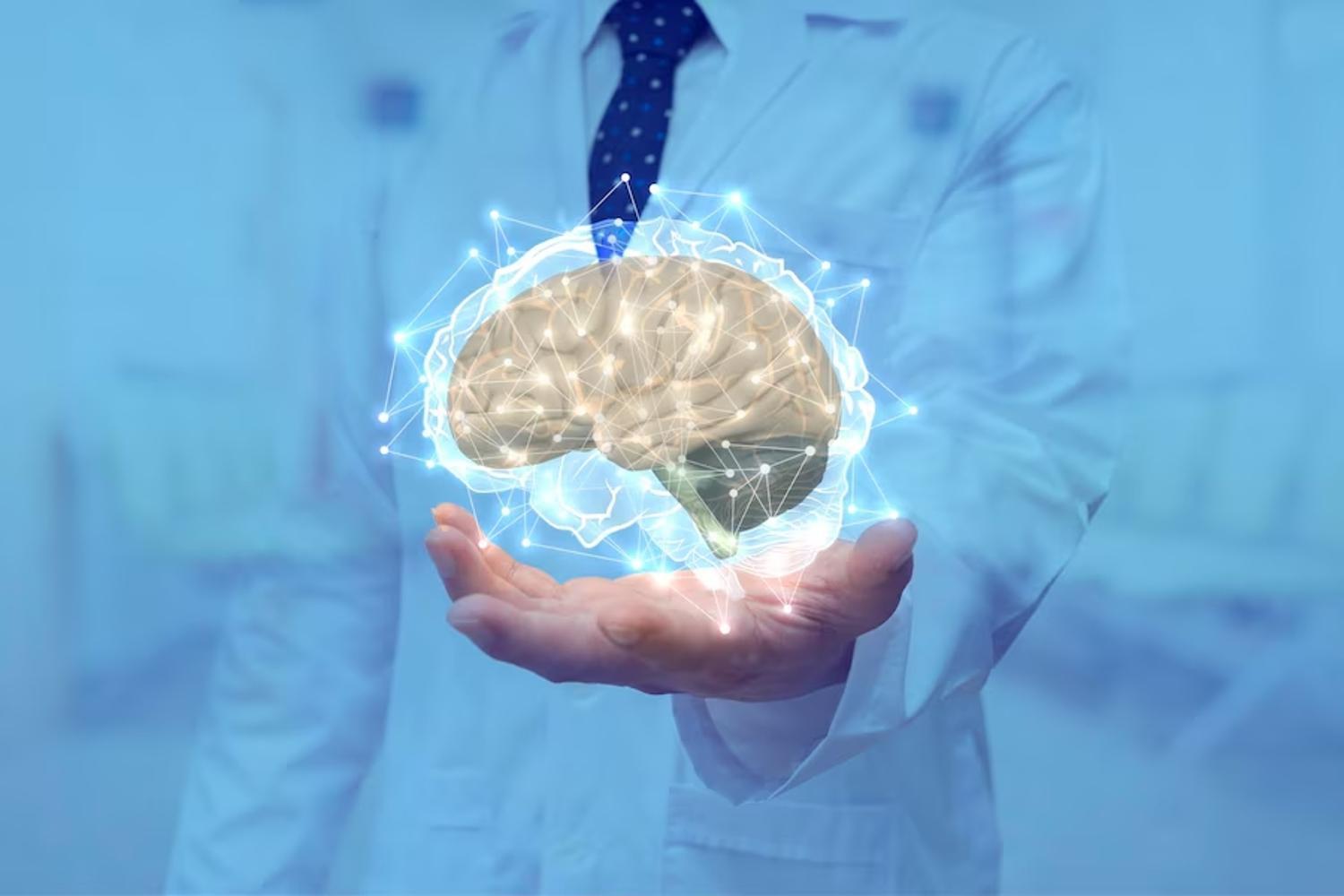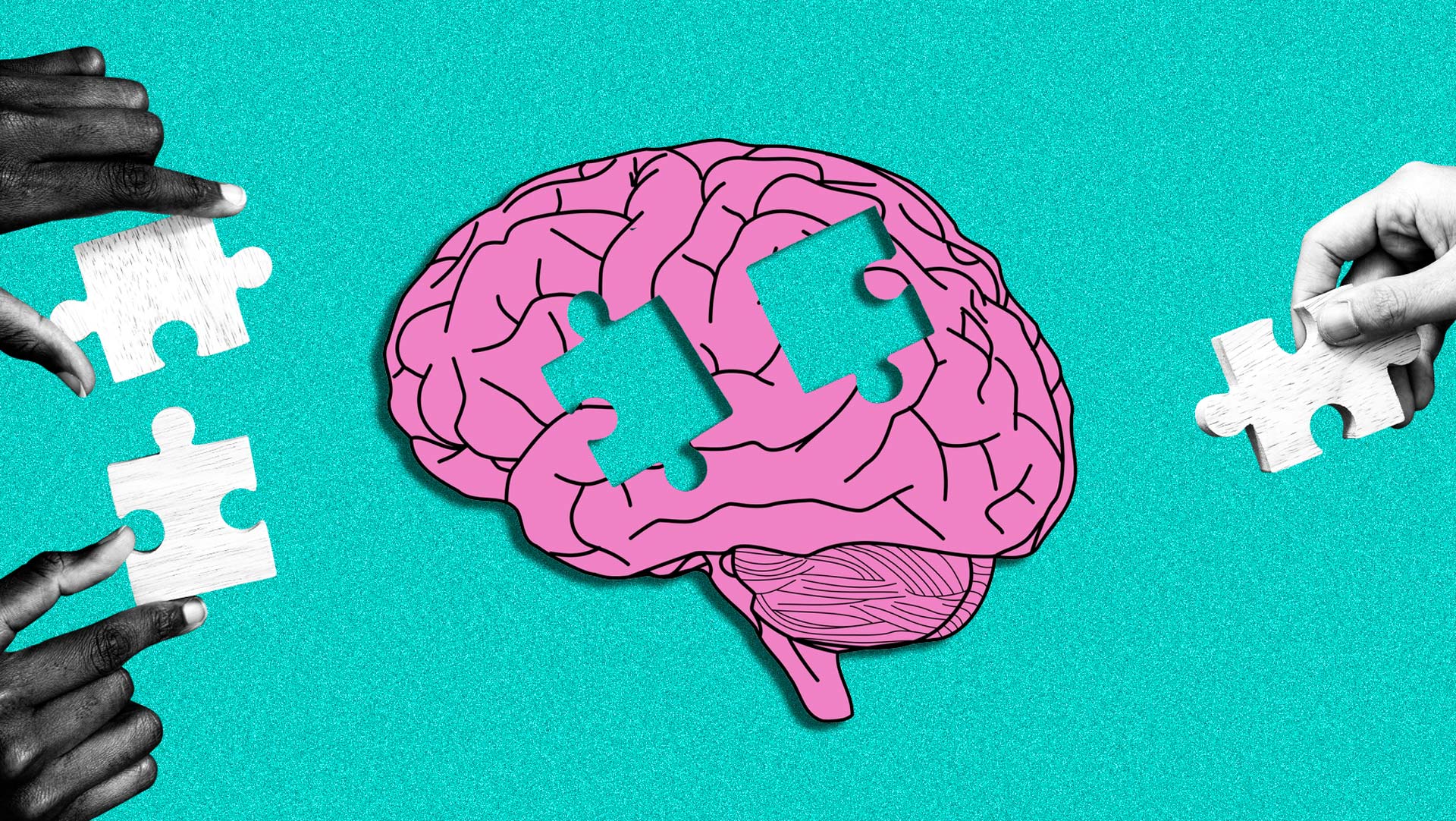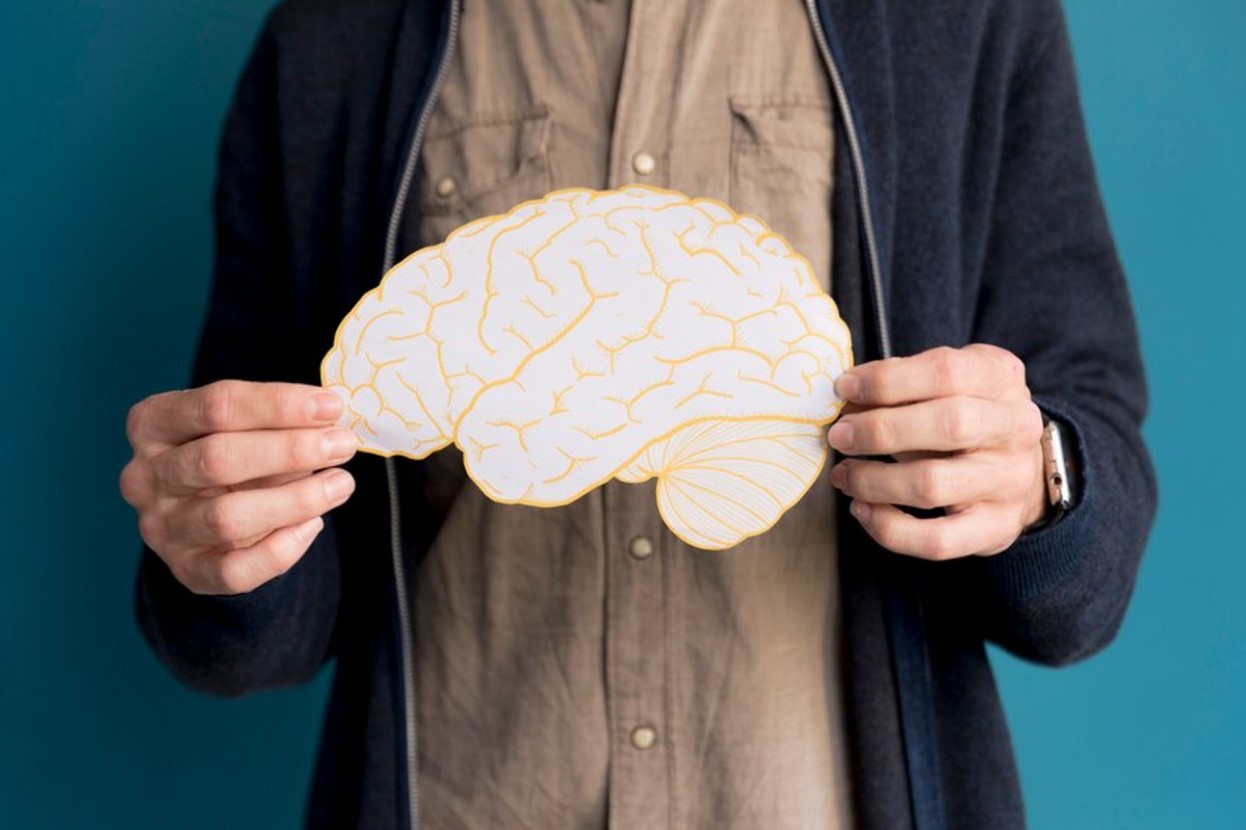In December, scientists introduced the Brain Care Score (BCS), a groundbreaking tool for assessing dementia or stroke risk without medical procedures. The BCS evaluates physical, lifestyle, and social-emotional health factors.
This innovative tool now shows promise in predicting the likelihood of depression later in life, according to a recent study.
The Components of the Brain Care Score

The 21-point BCS comprises 12 health-related factors. These include four physical factors: blood pressure, cholesterol, hemoglobin A1c, and body mass index (BMI).
Additionally, it covers five lifestyle factors like nutrition and exercise, and three social-emotional aspects such as stress management and relationships.
Linking Brain Care Score to Depression

Published in Frontiers in Psychiatry on July 23, the new study highlights that a higher BCS correlates with a lower risk of late-life depression.
Every five-point increase in BCS reduces the risk of depression by 33% and the combined risk of depression, dementia, and stroke by 27%.
Lifestyle Habits and Brain Health

Dr. Richard Isaacson, a preventive neurologist, emphasized that maintaining healthy lifestyle habits can benefit brain health.
He noted that staying active, eating well, and minimizing alcohol and smoking can improve both mental and emotional well-being, alongside reducing risks of vascular diseases and dementia.
Significant Findings in Younger Adults

Surprisingly, the study found a strong link between BCS and depression risk among individuals younger than 50.
This suggests that brain health practices are beneficial across all ages, highlighting the importance of lifelong care for brain health.
Real-World Data from UK Biobank Study

Researchers used health data from over 350,000 people involved in the UK Biobank study.
Conducted between 2006 and 2010, this study has tracked the health outcomes of over 500,000 individuals aged 40 to 69 in the UK for at least a decade, providing robust data for the BCS study.
Holistic Approach to Brain Health

Dr. Sanjula Singh, the study’s first author, stressed the importance of a holistic approach to brain health.
Understanding the interconnected pathways between different brain diseases can help in developing comprehensive strategies to reduce risks of depression, dementia, and stroke.
Expert Insights on Brain Health

Dr. Jonathan Rosand, cofounder of the McCance Center for Brain Health, explained that the BCS is designed to help anyone improve their brain health.
He emphasized that increasing your BCS could protect against dementia, stroke, and depression, offering hope for a healthier brain as we age.
Importance of Seeking Help for Depression

Dr. Isaacson also highlighted the need for older adults experiencing depression to seek help.
He advised against the “mind over matter” approach and encouraged discussing treatment options with doctors, including therapy and antidepressants.
Antidepressants and Cognitive Function

Early research suggests that some antidepressants, like escitalopram, may slow the accumulation of beta-amyloid-protein in the brain, a hallmark of Alzheimer’s disease.
This potential benefit underscores the importance of addressing depression proactively.
Brain Health Throughout Life

Dr. Isaacson compared brain health to heart health, where early life habits significantly impact later outcomes.
Just as high cholesterol in your 30s can lead to heart attacks in later years, poor brain health practices can increase risks of neurodegenerative diseases and depression.
Future Research and Implications

The study’s findings open new avenues for research on brain health.
Understanding how lifestyle, physical, and social-emotional factors interact to influence brain diseases will be big when it comes to developing effective prevention strategies for dementia, stroke, and depression.








































